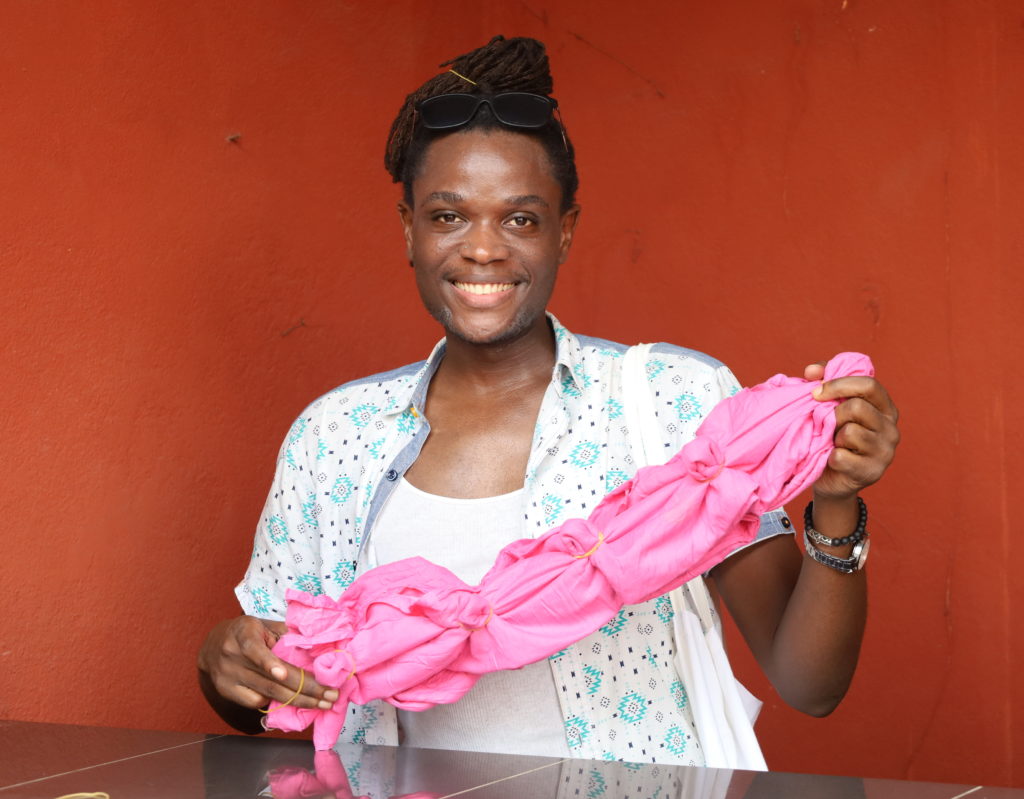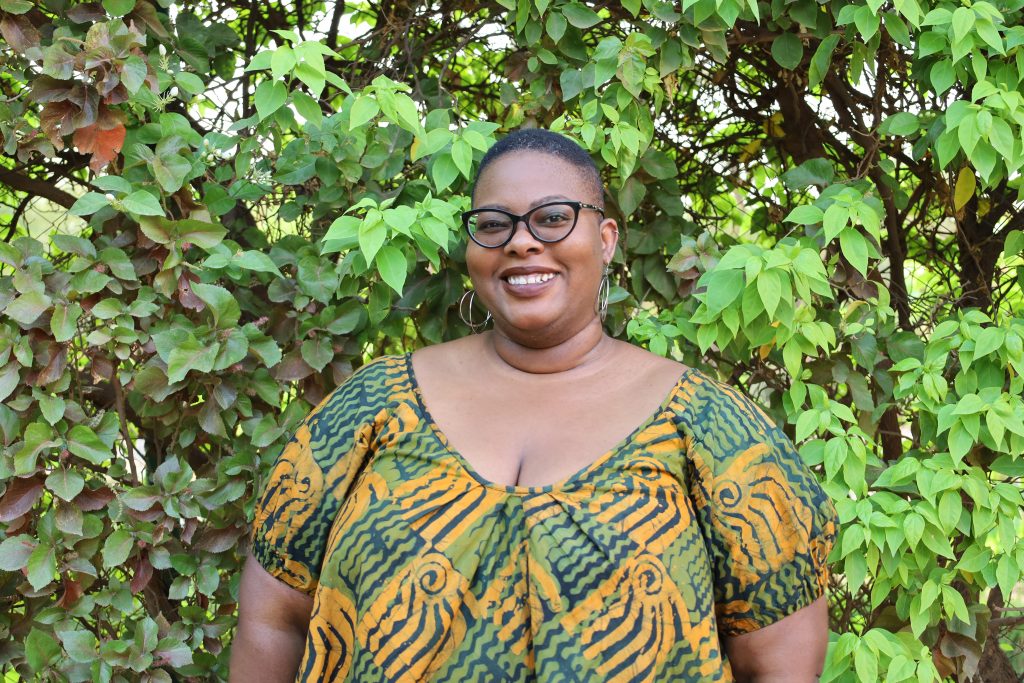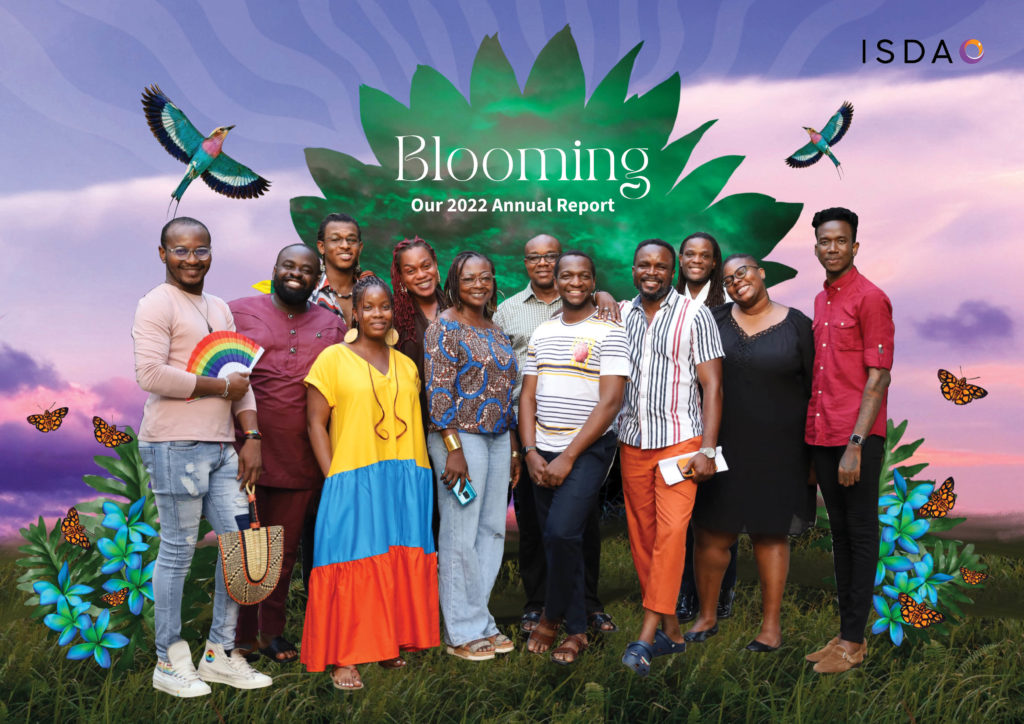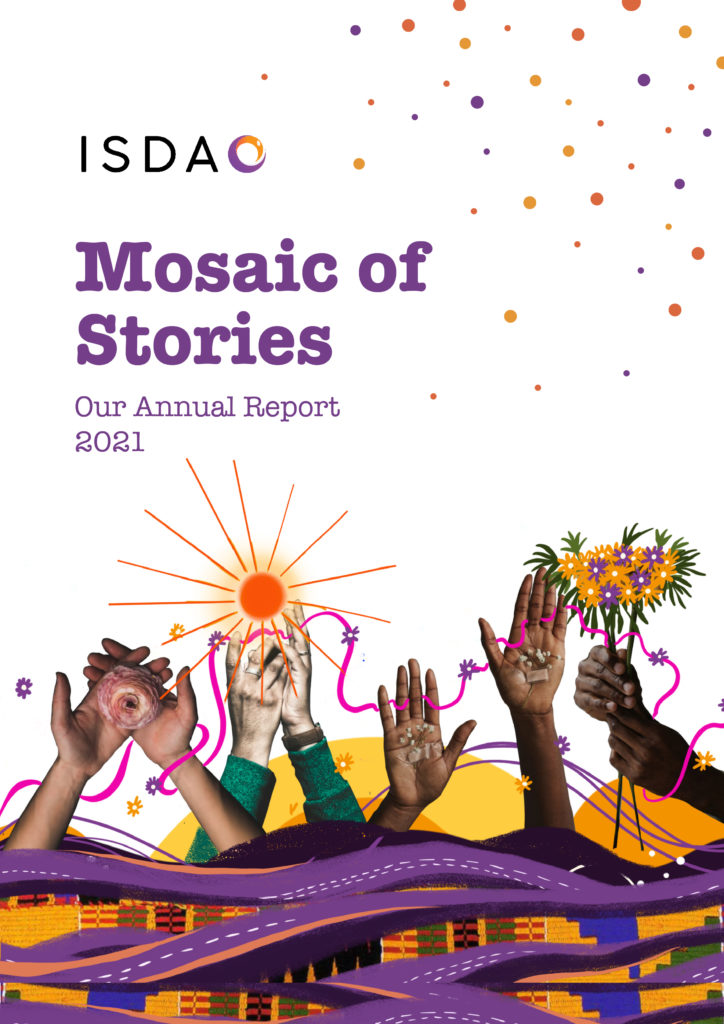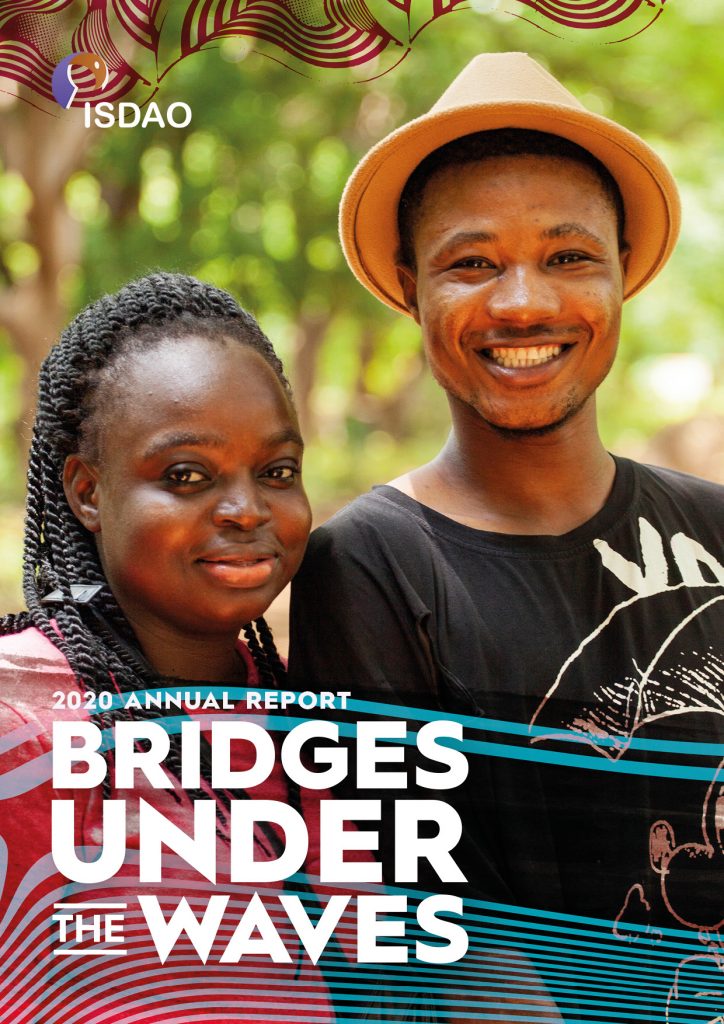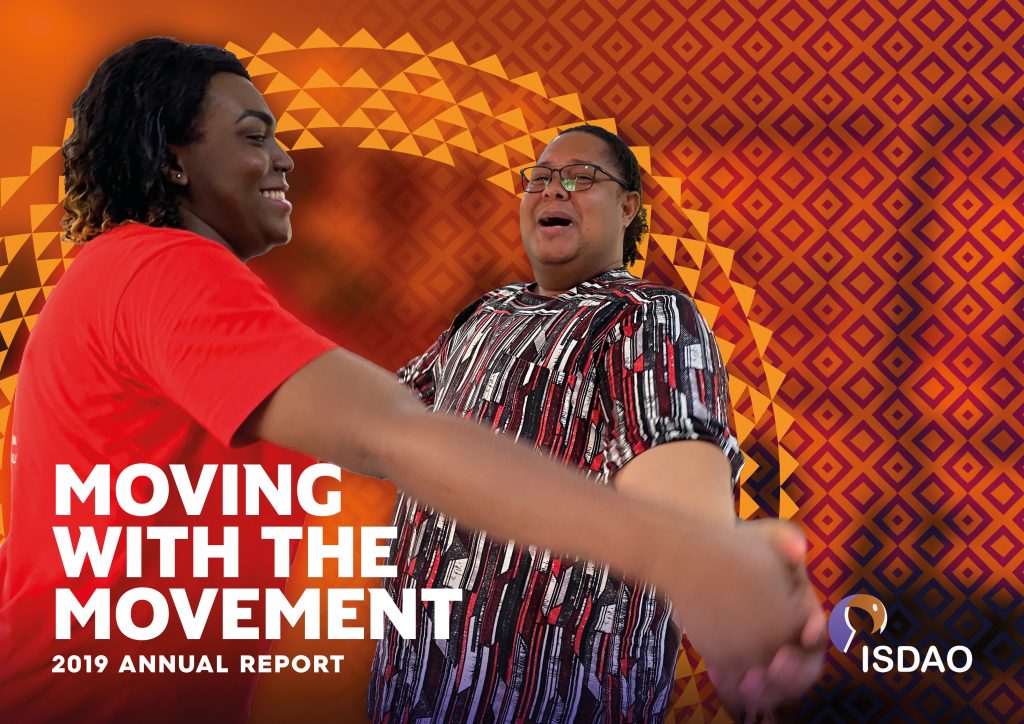Resources
We are committed to creating, publishing and sharing research and other resources that contribute to the strengthening and resourcing of the West African LGBTQI movement.
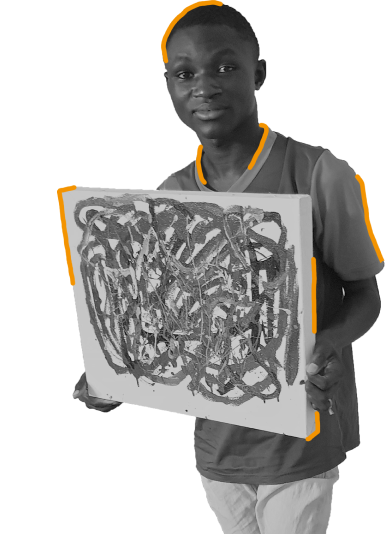
- Filter by resource type:
- All
- Publications and reports
- Myria and other special publications
- Annual reports
- Videos
Publications and reports
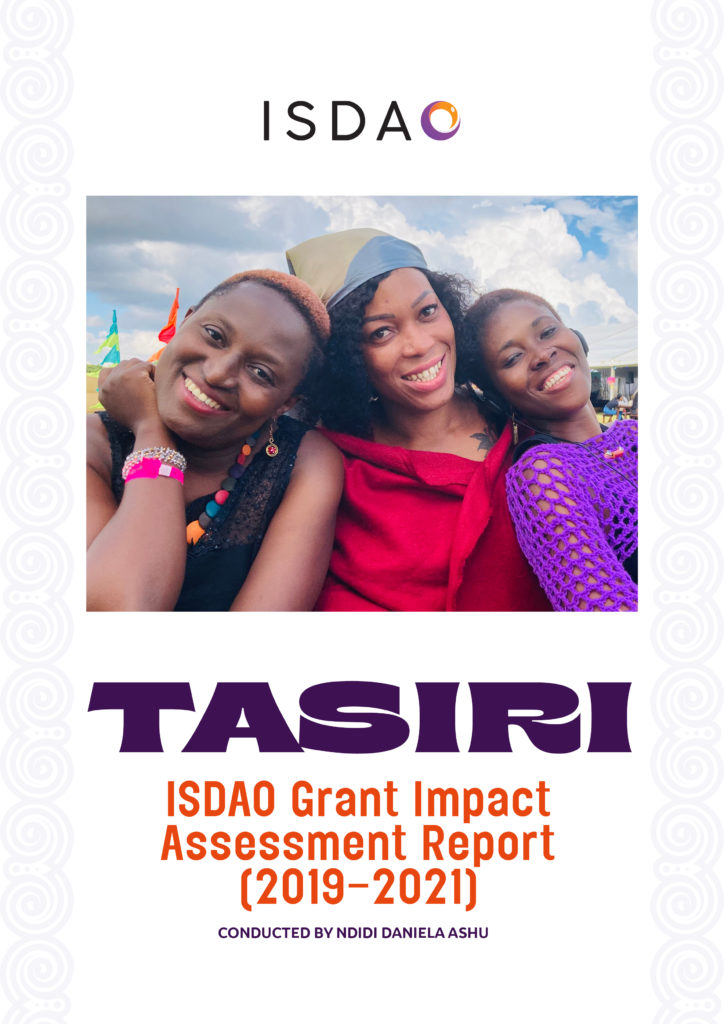
Apr 2024
Tasiri: ISDAO's Grant Impact Assessment Report
Under the independent direction of a consultant, we commissioned this report to measure the impact of ISDAO grants within the LGBTQI communities in West Africa. This document is also a tool for philanthropic advocacy on the need to allocate more resources to movements in the region.
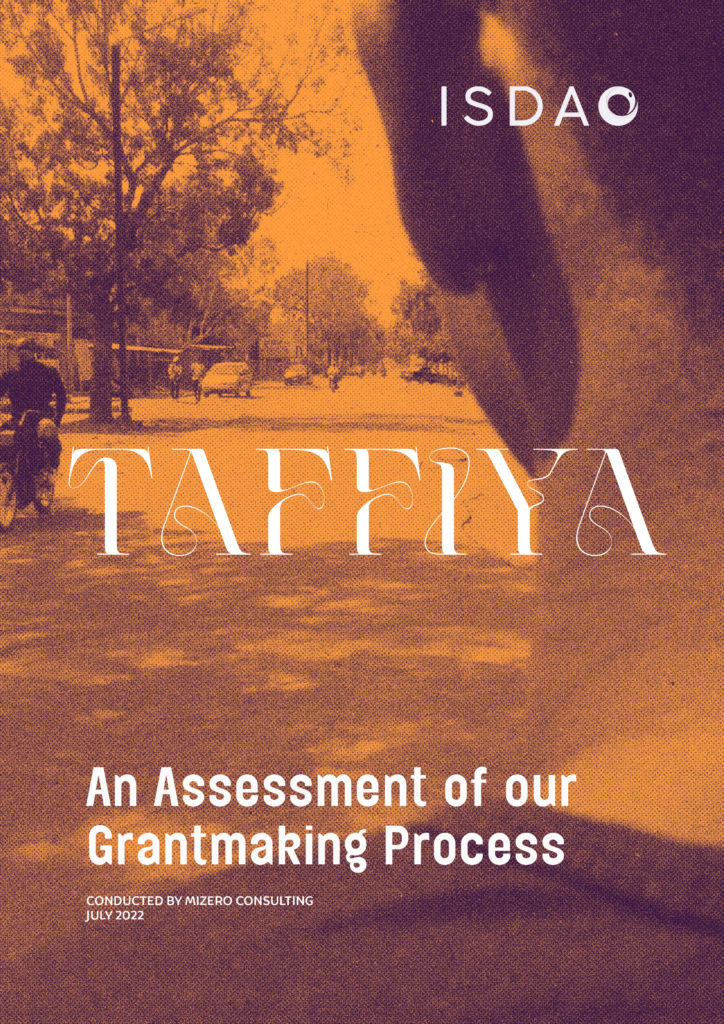
July 2023
Taffiya: An Assessment of our Grantmaking Process
Four years after the launch of our first grant cycle, we have commissioned an assessment to measure the impact of our grantmaking process, gauge its reach, and receive feedback and recommendations.
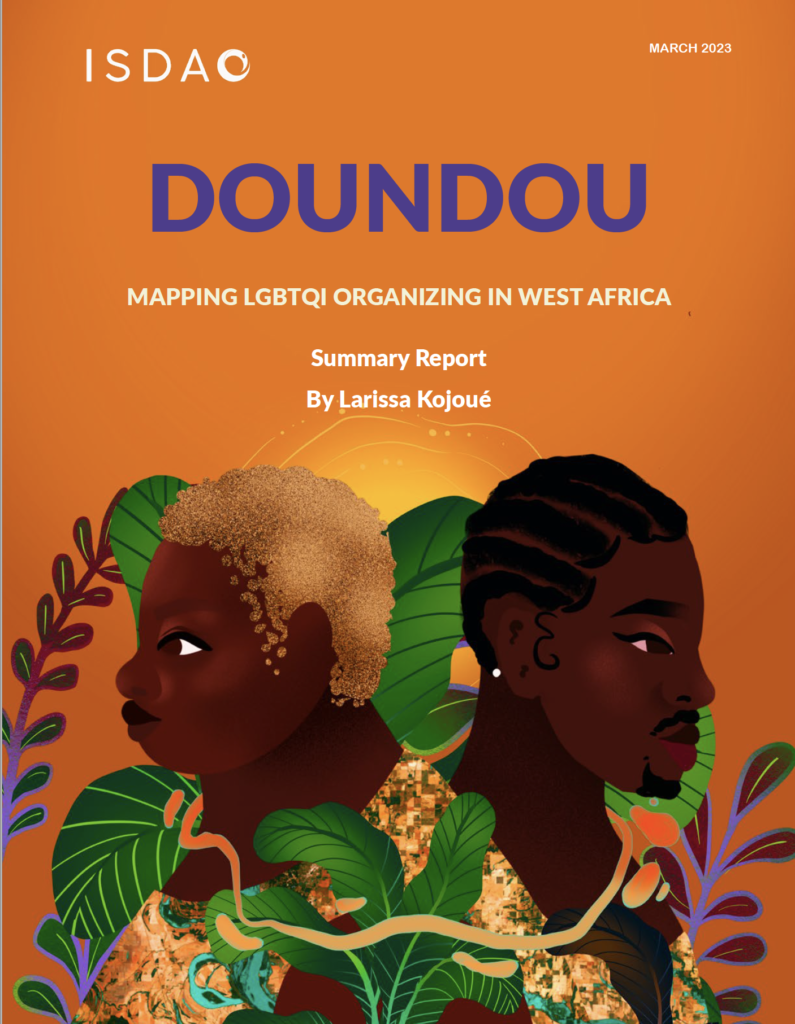
May 2023
Summary Report - Doundou: Mapping LGBTQI Community Mobilization in West Africa
A summary report that presents the data and findings of the full Doundou report in a shorter, more easily understood format.
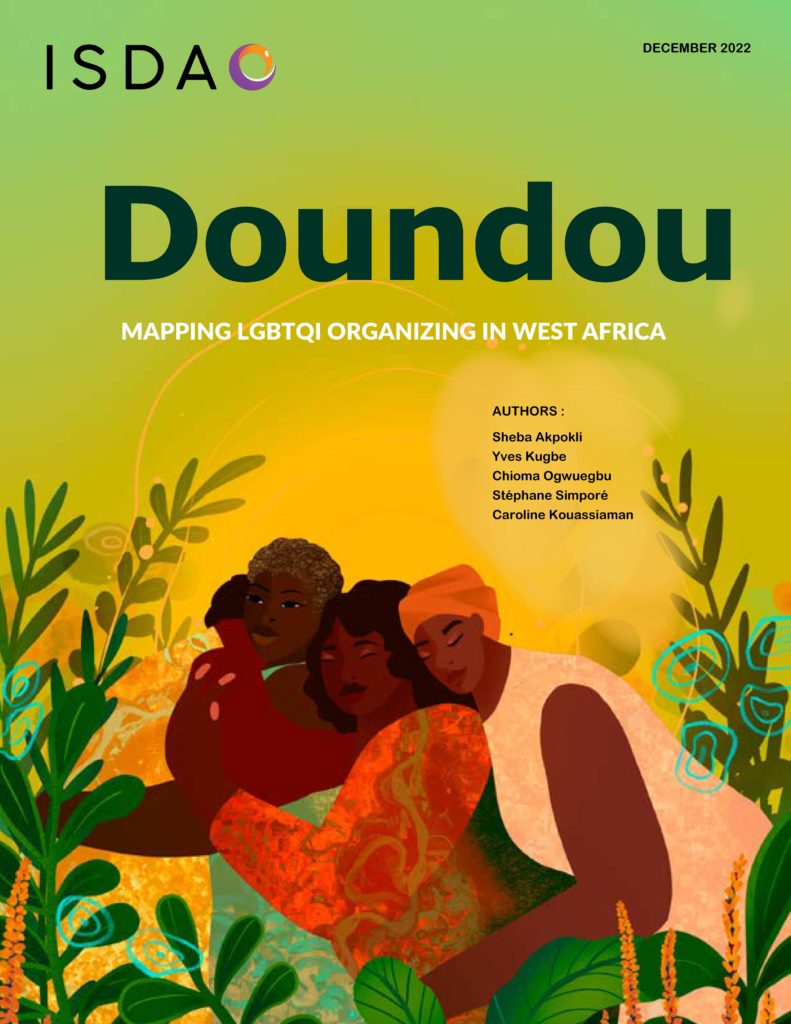
Feb 2023
Doundou: Mapping LGBTQI organizing in West Africa
The 2022 report provides compelling evidence of change and growth in the LGBTQI movement in West Africa in an increasingly complex social, political, economic, and security context, as well as the current state of funding in the region.
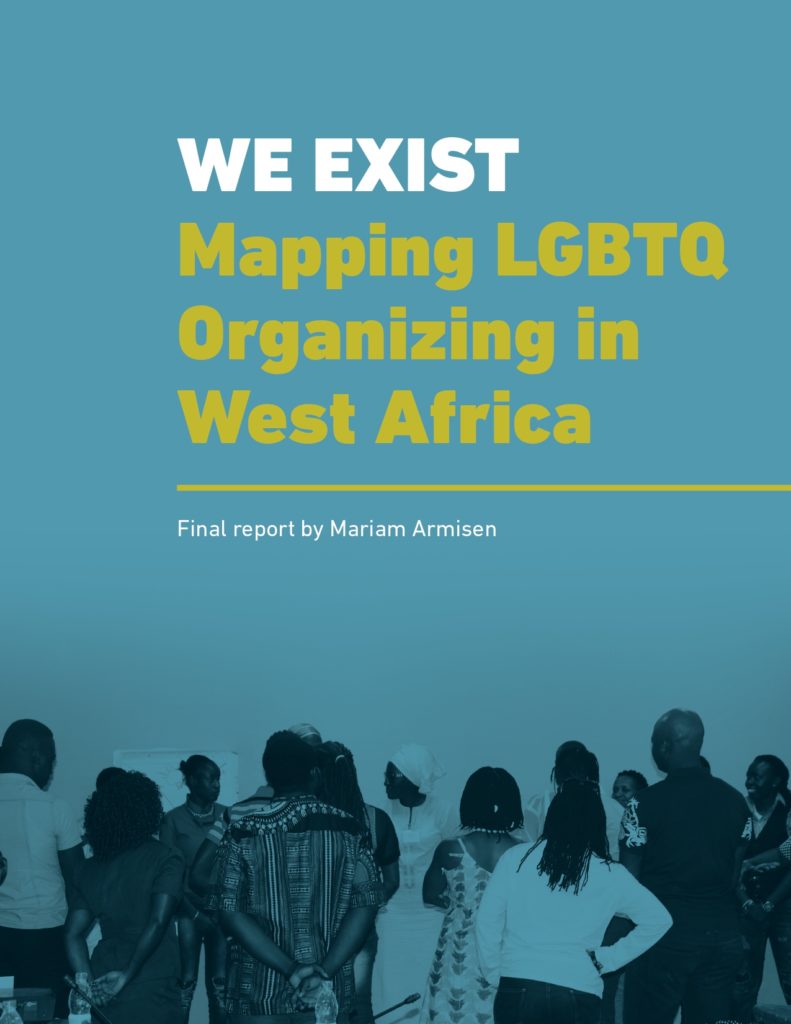
Jan 2023
We Exist - Mapping LGBTQ Organizing in West Africa
Originally published in 2016, We Exist provides an overview of LGBTQ organizing in nine West African countries through 2016, drawing on the perspectives and experiences of local activists and organizations, and highlighting challenges and opportunities.
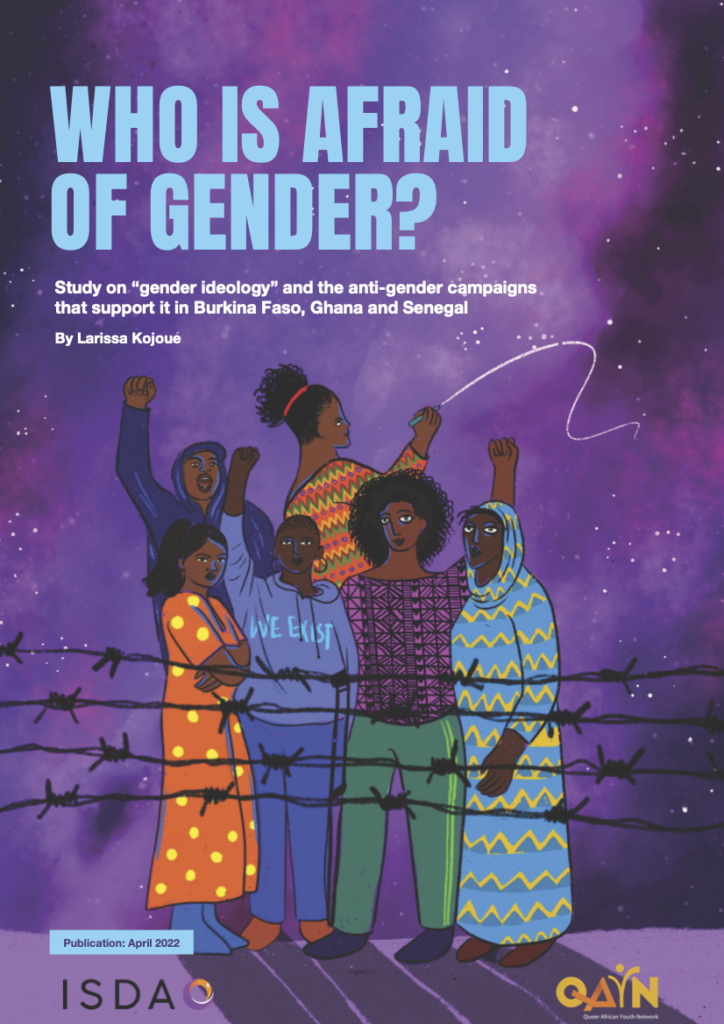
Sep 2022
“Who is afraid of gender ?” - Study on “gender ideology”
ISDAO and Queer African Youth Network - QAYN have commissioned a study of gender ideology and the anti-gender campaigns that support it in Burkina Faso, Ghana and Senegal, in order to better understand the structure, organization and manifestation of so-called "anti-gender" movements in West Africa.
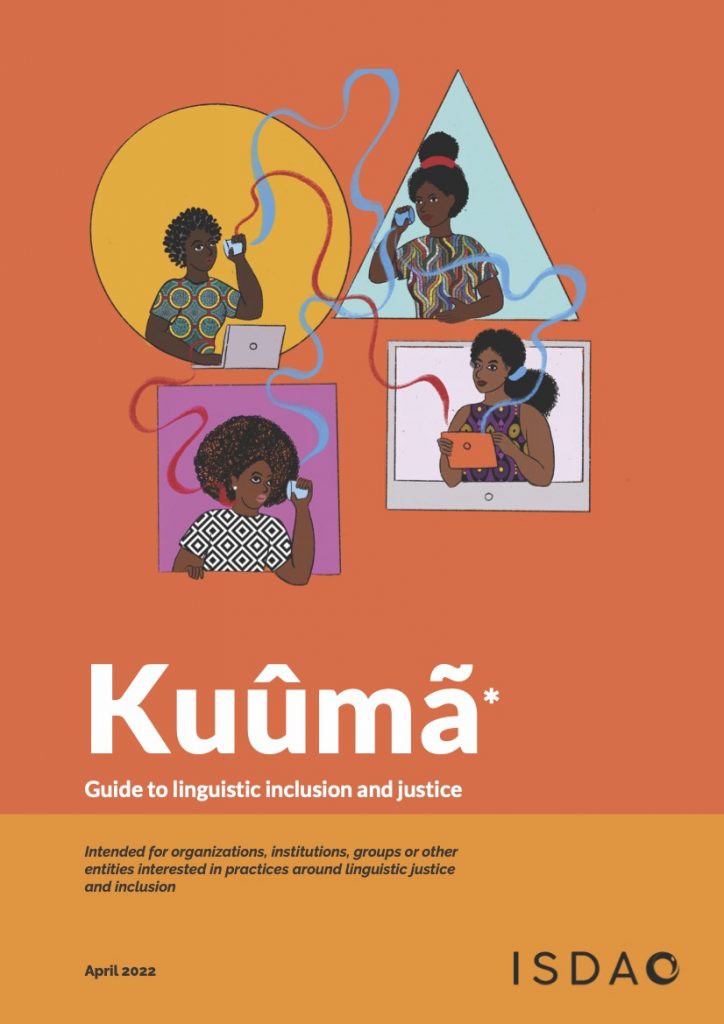
June 2022
Kuûmã - Guide to Linguistic Inclusion and Justice
Lack of linguistic inclusion and persistent barriers to inclusion and justice are major concerns in the social justice sector. Kuûmã is our practical resource for organizations and/or individuals wishing to practice linguistic inclusion and justice.
Myria and other special publications
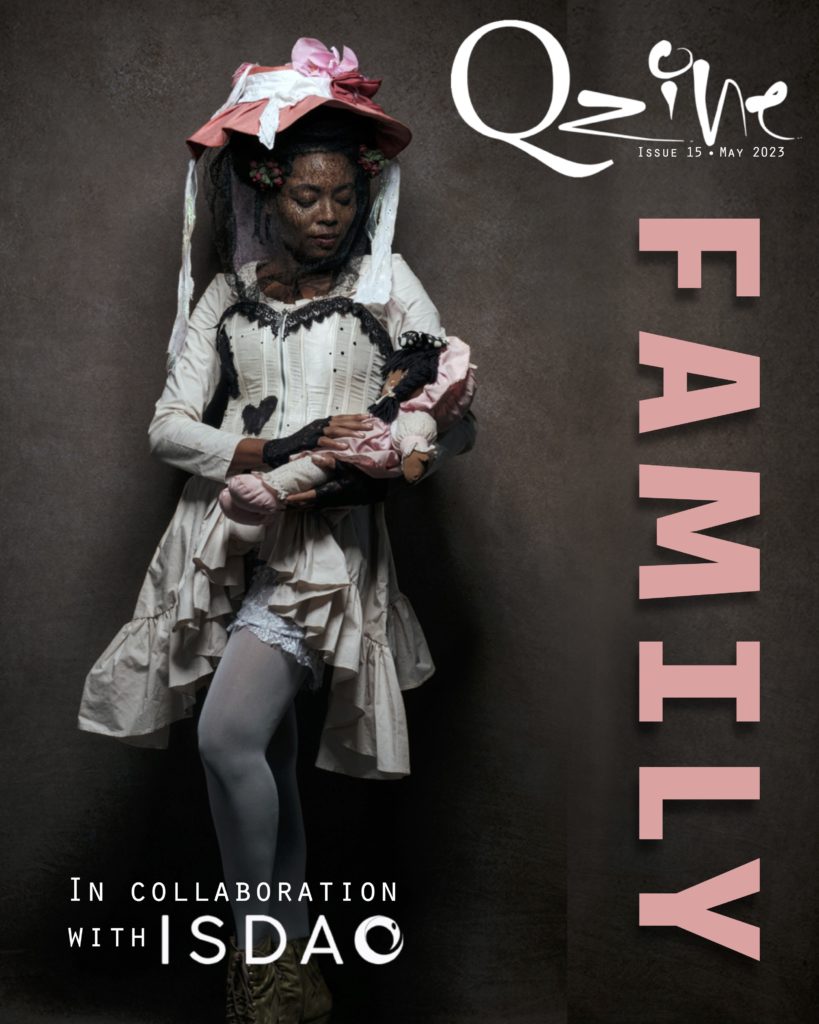
May 2023
Q-Zine Issue 15 - Family
Produced in collaboration with Q-Zine, this issue is a creative and insightful expression of what family means to LGBTQI Africans and the diaspora.
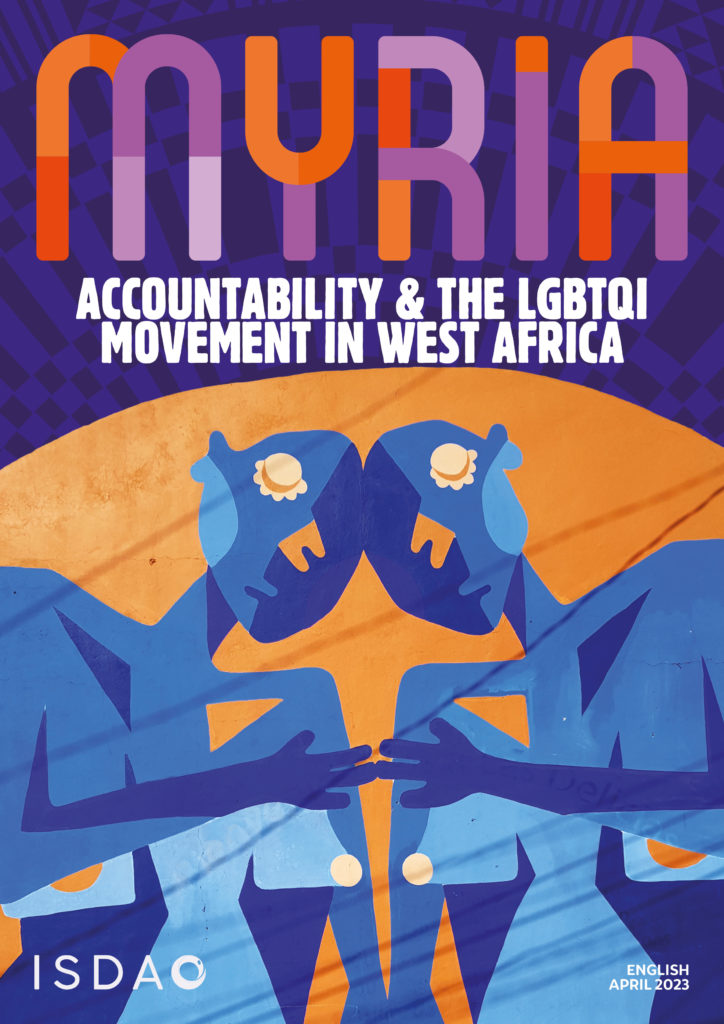
May 2023
Issue 2 - Accountability and the LGBTQI Movement in West Africa
The essays present the authors' analyses of their understanding of accountability, the difficulty of exercising accountability, and the underlying challenges of not being accountable.
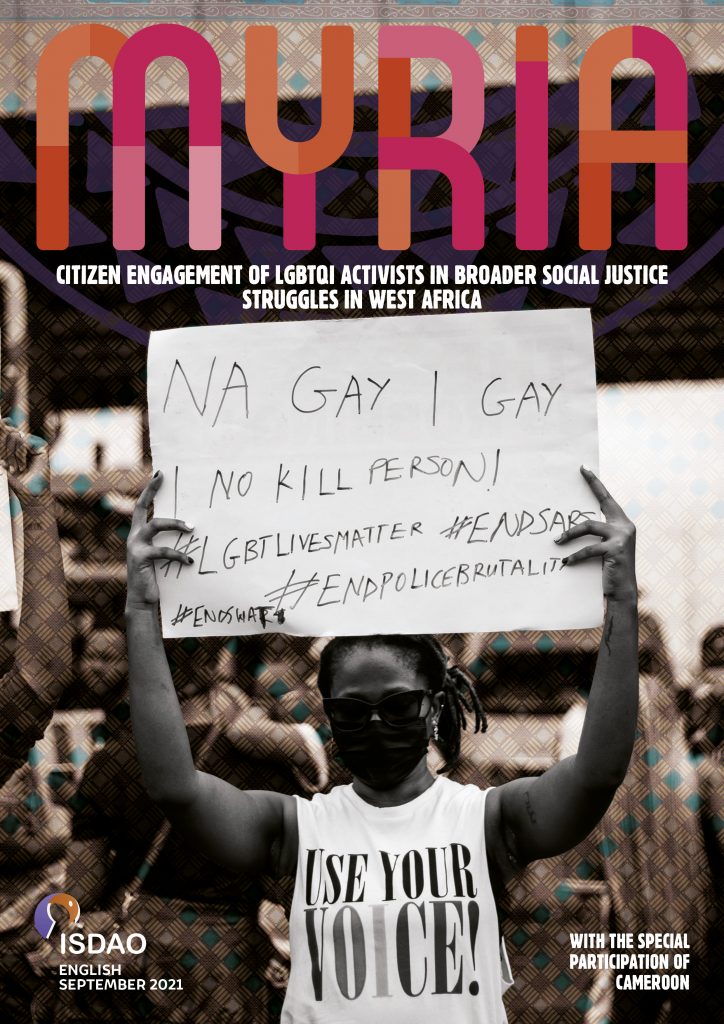
Sep 2021
Issue 1 - Citizen Engagement of LGBTQI Activists in Broader Social Justice Struggles in West Africa
This issue highlights the importance of LGBTQI activists' voices, leadership and solidarity in other social justice struggles, and how these issues are interconnected.
Videos

July 2024
Miss Lylie - Adventure Live @ Utopie Sexuelle
Miss Lylie, LBQ activist and Feminist shares her experience at the Adventure Lives 2023 @Utopie Sexuelle Festival by addressing her understanding of sexuality and pleasure in consent.

July 2024
Fleury Igor - Adventure Lives @ Utopie Sexuelle
ISDAO's Fleury Igor shares his experience of taking part in the Adventure Lives @Utopie Sexuelle Festival, as a gay man.
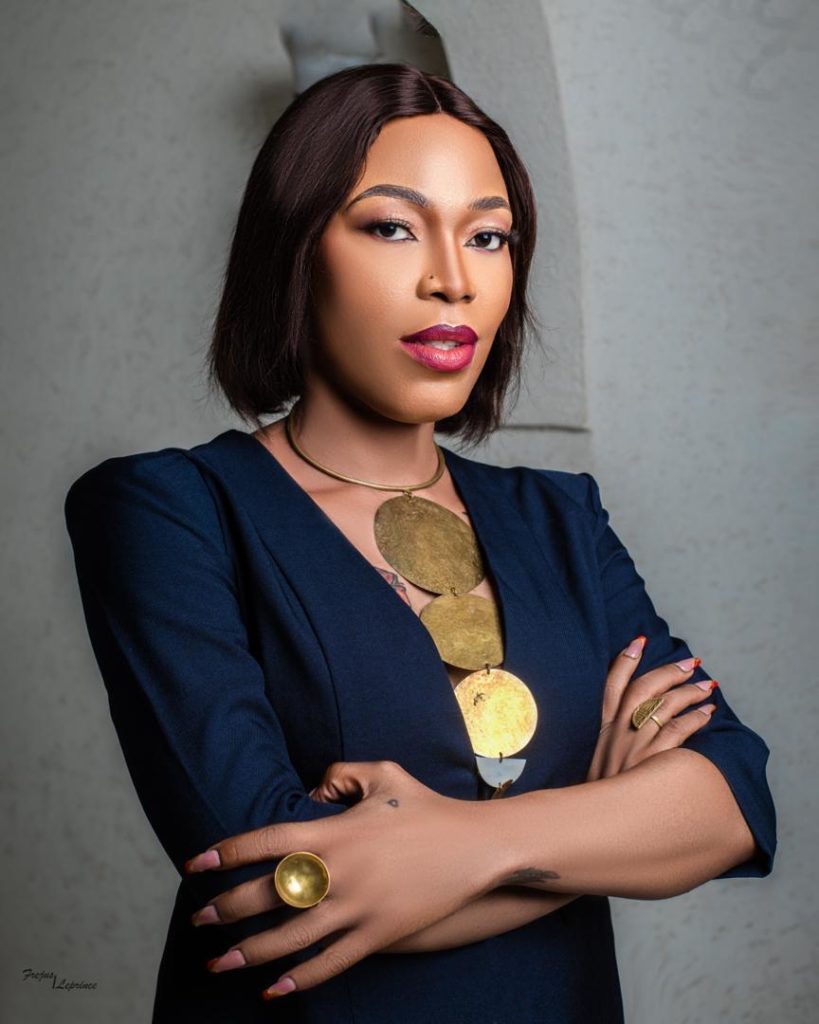
July 2024
Olivia Shola - Adventure Lives Festival @ Utopie Sexuelle
Olivia Shola, Trans Activist and Sex Professional, shares her experience of participating in the Adventure Lives 2023 festival, themed Sexual Utopia
